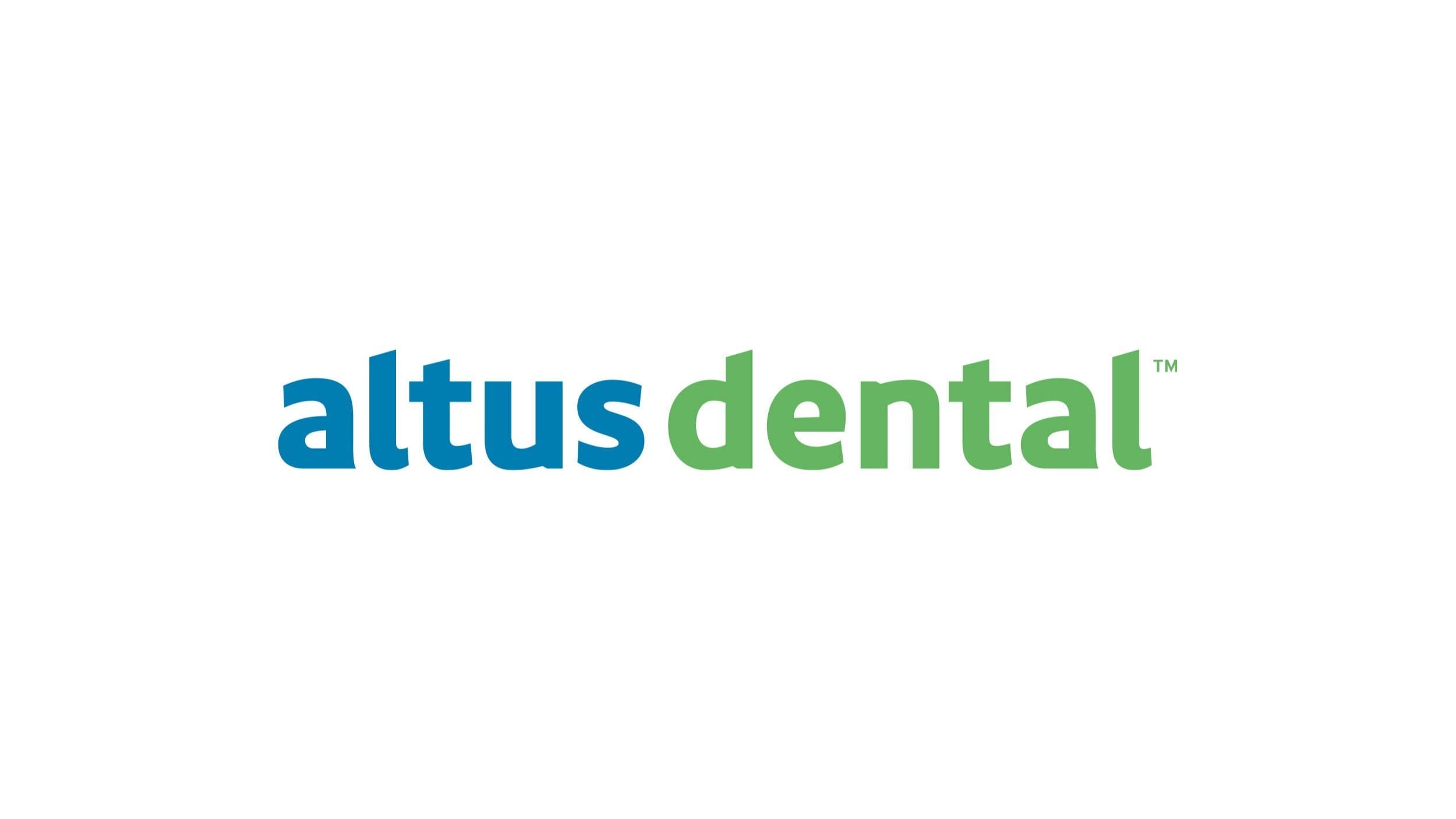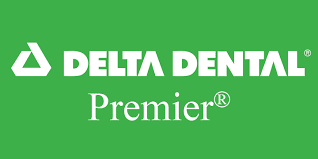Dental Anxiety Northampton
Not wanting to make a dental appointment, or show up for one, is a common experience for many patients. Dental visits can be monotonous and, at times, uncomfortable. But for some people, it is not a question of wanting to avoid discomfort or boredom; they have real dental anxiety centered around receiving dental treatments and procedures. This is a real problem because putting off needed dental care can result in the need for increasingly complex and expensive dental procedures.
If you display any of the following signs when contemplating visiting the dentist for an appointment, or even making an appointment, you may have dental anxiety.
- Sweating
- Heart palpitations
- Rapid heartbeat
- Insomnia before an appointment
- Increasing nervousness leading up to an appointment
An experience of dental anxiety can be the result of many things, like thinking about needed dental work, seeing or feeling needles, seeing or hearing dental drills, or other signs.
Coping With Dental Anxiety
One thing that many patients with dental anxiety should realize is that this type of feeling is extremely common. It has been estimated that as many as 40% of patients experience some degree of dental anxiety at some point in their lives.
Your dentist and dental team is trained to deal with those who experience dental anxiety, so it is always a good idea to tell them beforehand so that they can help make the process smoother for everyone involved. Don’t be embarrassed about this extremely common feeling.
Sedation
Many patients find that their dental anxiety is relieved through the use of dental sedation, which involves the administration of a medication to help the patient relax while undergoing their dental treatment. There are different varieties of dental sedation that are available. Some have very minor affects and rapidly wear off, while others are significantly stronger.
General anesthesia is not commonly used in dentistry and is normally only used for specific oral surgery procedures. Nitrous oxide is the mildest form of sedation available. Some stronger sedatives are oral and IV sedation, but they are still considered mild in comparison to general anesthesia.
Some types of dental anxiety sedation are:
- Nitrous oxide, commonly known as “laughing gas”
- Oral sedation
- IV sedation
- General anesthesia
Alternatives to Sedation
Sedation is just one technique used by dentist to help patients cope with dental anxiety. Besides providing a welcoming environment staffed by friendly professionals, other accommodations are possible. Some patients have an arrangement with their dentist to use hand signals for communication during treatment. Others find that wearing headphones while they are being treated helps ease their dental anxiety.






